Everything You Need to Know About an FHA Loan: A Home Buyer’s Guide to Affordable Homeownership
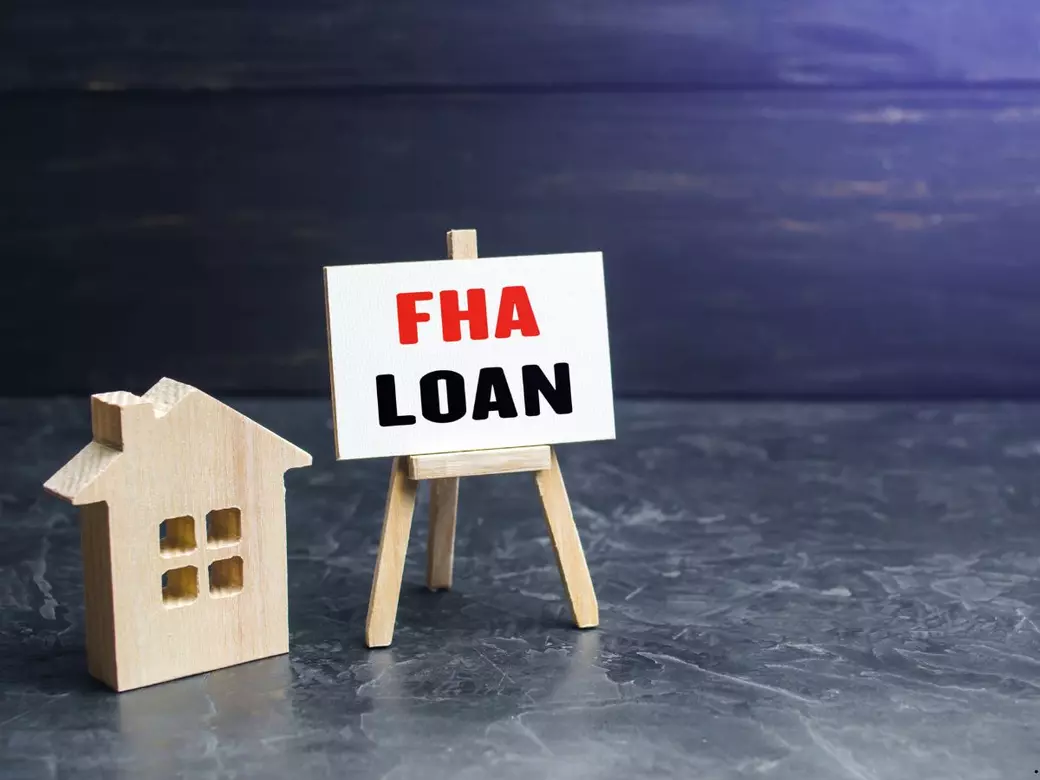
Buying your first home is a huge step—and one filled with questions, myths, and sometimes a little fear. If you're a first-time home buyer, military member relocating to Virginia, or even someone eyeing land to build on, chances are you've come across the term "FHA loan." But what exactly is it?
An FHA loan, insured by the Federal Housing Administration, is designed to make homeownership more accessible—especially for buyers who may not have perfect credit or a hefty down payment saved up. It's one of the most popular loan programs in the country, and for good reason: it’s flexible, forgiving, and friendly to buyers who need a little help getting in the door.
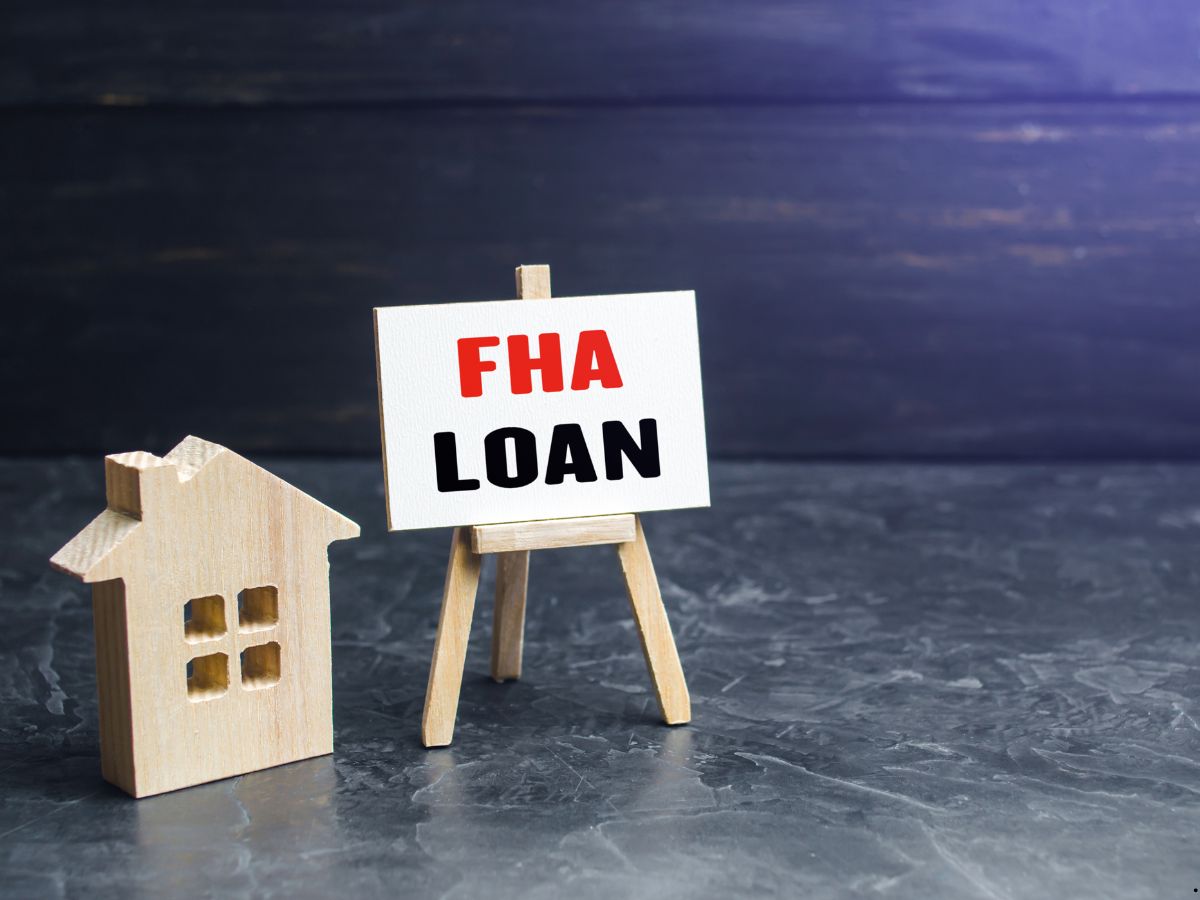
Why FHA Loans Are Ideal for First-Time Home Buyers and Renters
Let’s face it—buying your first home isn’t just exciting, it’s expensive. Between saving for a down payment, handling closing costs, and trying to keep your credit score in good shape, it’s no wonder so many potential buyers feel overwhelmed.
Here’s where FHA loans come in to save the day:
-
Low Down Payment: With an FHA loan, you can buy a home with as little as 3.5% down if your credit score is 580 or higher. For a $250,000 home, that’s only $8,750 down—far less than the traditional 20%.
-
Flexible Credit Requirements: FHA loans allow credit scores as low as 500 (with a 10% down payment). That’s great news if your score isn’t perfect but you’re working on improving it.
-
Gifted Down Payments: The entire down payment can be a gift from family or a down payment assistance program—something many renters and first-timers rely on.
-
Assumable Loans: This means if you sell your home later, the buyer may be able to take over your FHA loan, potentially locking in a lower interest rate—a great selling point.
How FHA Loans Work: The Nuts and Bolts
Let’s break it down in simple terms—because understanding how an FHA loan works is the first step to using one to your advantage.
When you apply for an FHA loan, you’re not borrowing money from the Federal Housing Administration. Instead, you’re working with a traditional lender—like a bank, credit union, or mortgage broker. The key difference is that this loan, when compared to the VA loan, is it is insured by the FHA, which is a branch of the U.S. Department of Housing and Urban Development (HUD). It's also slightly different than the USDA loan which is a government based loan backed by the U.S. Department of Agriculture.
So what does that mean?
✅ FHA insurance reduces risk for lenders.
Let’s say you fall on hard times after buying your home and aren’t able to make your mortgage payments. In a typical situation, the lender might lose money if you default. But with an FHA loan, the government steps in and reimburses the lender for part of the loss. This federal backing makes lenders more willing to work with buyers who might not have perfect credit, a large down payment, or a long financial history.
✅ The borrower (you) pays for that insurance.
To make this system work, borrowers pay two types of Mortgage Insurance Premiums (MIP):
-
Upfront Mortgage Insurance Premium (UFMIP): Typically 1.75% of the loan amount, which can be rolled into the loan so you don’t have to pay it out of pocket.
-
Annual Mortgage Insurance Premium (MIP): Paid monthly as part of your mortgage payment. The amount varies based on your loan size, down payment, and loan term.
While MIP adds to your monthly cost, it’s what allows FHA loans to be accessible in the first place—especially for folks who don’t qualify for conventional financing.
Common FHA Loan Requirements You Should Know
Before you dive in, here’s what you’ll need to qualify:
-
Credit Score: 580+ for 3.5% down; 500–579 with 10% down.
-
Debt-to-Income Ratio (DTI): Typically, your monthly debt payments should be less than 43% of your gross monthly income.
-
Steady Income: You’ll need proof of employment and income, usually for the past two years.
-
Primary Residence Only: FHA loans are meant for homes you plan to live in—not investment properties.
-
Mortgage Insurance Premiums (MIP): This is the trade-off. FHA loans require both an upfront MIP and a monthly premium. These protect the lender and add to your monthly payment but are the key to those low down payments and flexible credit terms.
Can You Use an FHA Loan to Buy Land?
If your goal is to buy a piece of land and build a home on it, the FHA Construction-to-Permanent loan might be your ticket.
This special type of FHA loan—often called a “One-Time Close” construction loan—lets you finance both the purchase of the land and the cost of building the home in one mortgage. It saves you from taking out two separate loans (and paying two sets of closing costs).
How it works:
-
You apply before construction begins.
-
The loan covers the cost of the land, permits, construction materials, labor, and other related expenses.
-
Once construction is complete, the loan automatically converts into a traditional FHA mortgage.
Key Requirements:
-
You must work with an FHA-approved builder.
-
The home must be your primary residence (no vacation homes or investment properties).
-
You’ll need detailed construction plans and cost estimates upfront.
-
Some lenders may have stricter credit or down payment guidelines for construction loans than for standard FHA loans.
✅ Not all lenders offer FHA construction loans, and the process is more complex than buying an existing home. But if you’re working with the right team—including an experienced REALTOR® and lender—it can absolutely be worth it!
FHA Loan Myths That Might Be Holding You Back
Let’s bust a few common misconceptions:
Myth 1: FHA loans are only for low-income buyers.
❌ Not true! FHA loans are for anyone who meets the guidelines. You can earn a healthy income and still take advantage of the flexible terms.
Myth 2: Sellers won’t accept FHA offers.
❌ While it’s true some sellers prefer conventional offers, a well-written FHA offer backed by a strong pre-approval and competitive terms can win—even in a tight market.
Myth 3: You need perfect credit to buy a home.
❌ Nope. FHA loans exist to help buyers with imperfect credit. If you're renting because you think you "can’t qualify," it’s time to reconsider.
FHA Loan Limits in Virginia for 2025
Loan limits vary by county and are updated annually. For most parts of Virginia, including Orange County and King George, the FHA loan limit for a single-family home in 2025 is around $498,257. In higher-cost areas like Northern Virginia, the limit may be significantly higher.
How to Choose the Right FHA-Approved Home
Not every home will qualify for FHA financing. Here’s what to look for:
-
The home must be your primary residence.
-
It must meet minimum property standards—think safe, structurally sound, and livable.
-
Fixer-uppers might need to go FHA 203(k), a special loan for buying and renovating at the same time.
If you’re buying in a rural part of Virginia or an older home, it’s extra important to have a real estate agent who understands FHA requirements. I can help you avoid homes that won’t pass the appraisal and steer you toward the right properties.
Final Thoughts: Is an FHA Loan Right for You?
An FHA loan can be a powerful stepping stone on your journey to homeownership. With flexible credit requirements, low down payment options, and protections that make lenders more willing to say “yes,” FHA loans open doors that might otherwise stay closed.
But here's the truth: no two buyers are exactly alike. Whether you're trying to decide between loan options, figure out how to boost your buying power, or explore homes that qualify for FHA financing, you don’t have to navigate it alone.
📞 Let’s talk about your next move. I’m here to help you understand your options, connect with trusted local lenders, and find the home that’s just right for you.
➡️ Ready to get started? Schedule a free consultation today to learn more about your path to homeownership.
Your home journey starts with a single step—and I’d love to take it with you.
Categories
Recent Posts
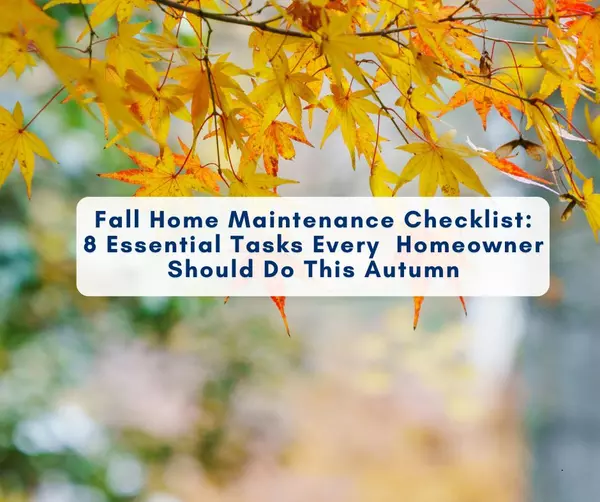
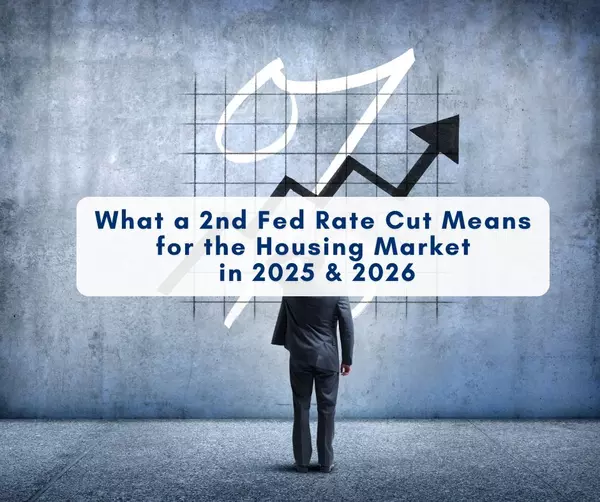
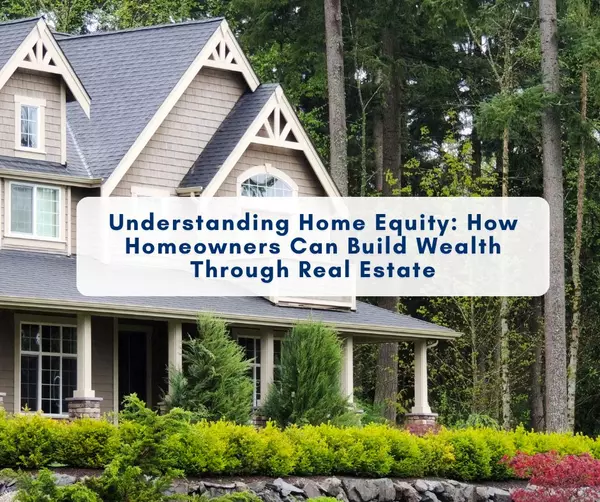
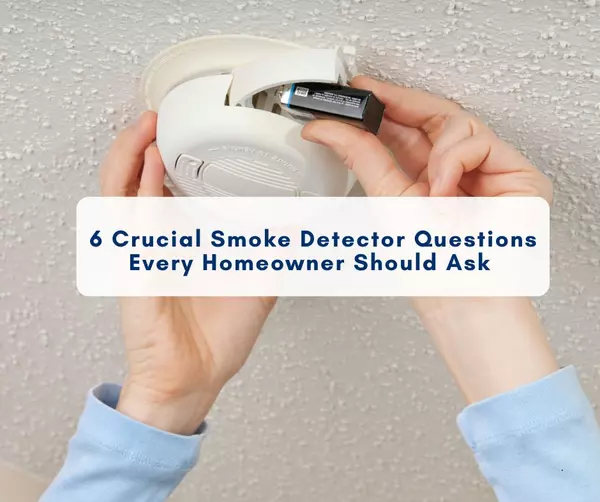
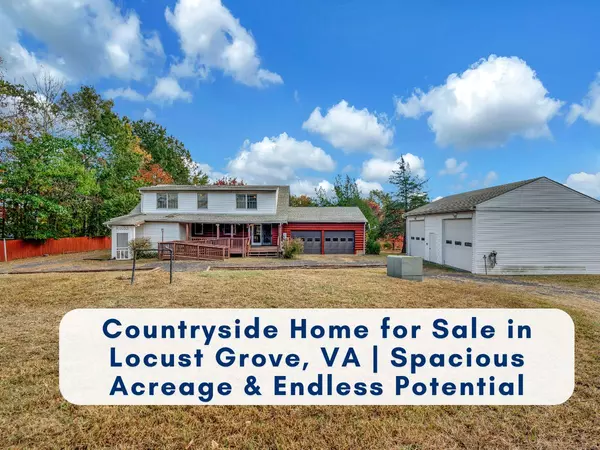
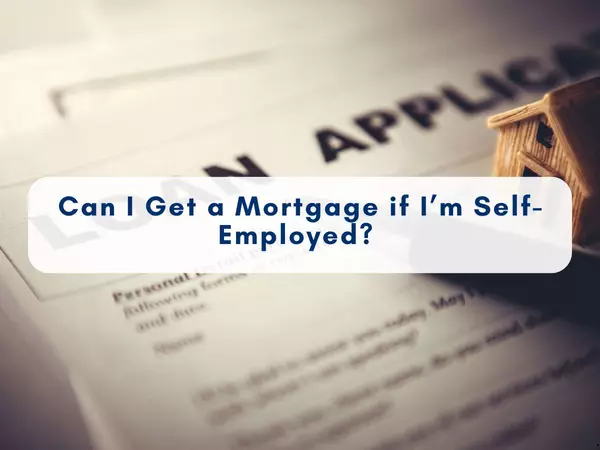


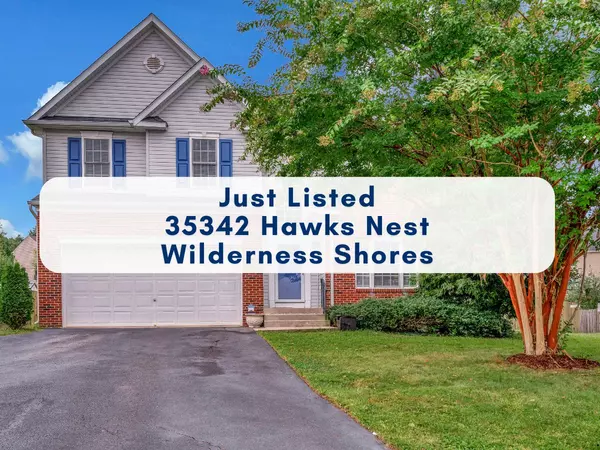
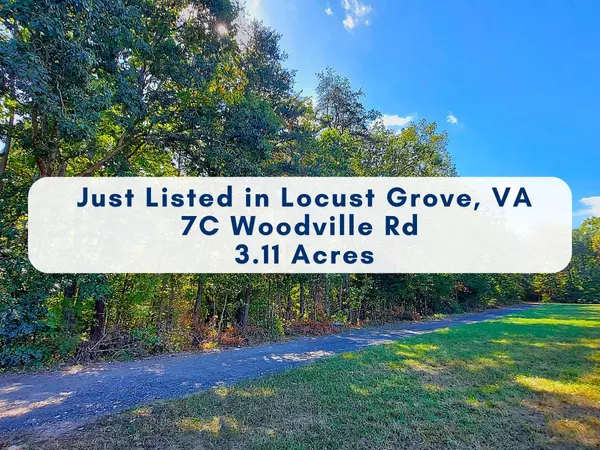
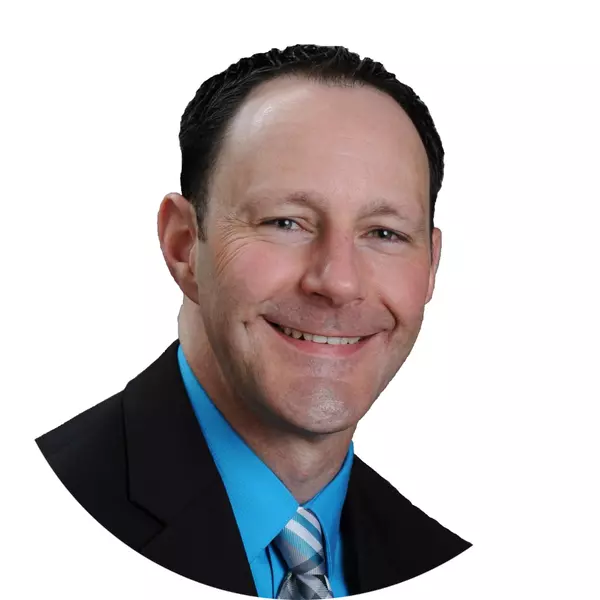
Buying a home isn’t just a financial decision—it’s a deeply personal journey filled with hopes, dreams, and big life changes. That’s why choosing the right real estate professional is one of the most important steps you can take.
A knowledgeable and experienced REALTOR® does more than open doors and write offers. They’re your advocate, your problem-solver, and your steady guide through what can sometimes feel like an overwhelming process. Whether it's navigating a competitive market, negotiating on your behalf, or keeping things on track behind the scenes, the right agent is there to protect your interests every step of the way.
In the end, buying a home should be an empowering experience. With the right person by your side—someone who brings both expertise and heart—you can move forward with confidence, knowing you're in good hands with Sean Jones.
GET MORE INFORMATION
